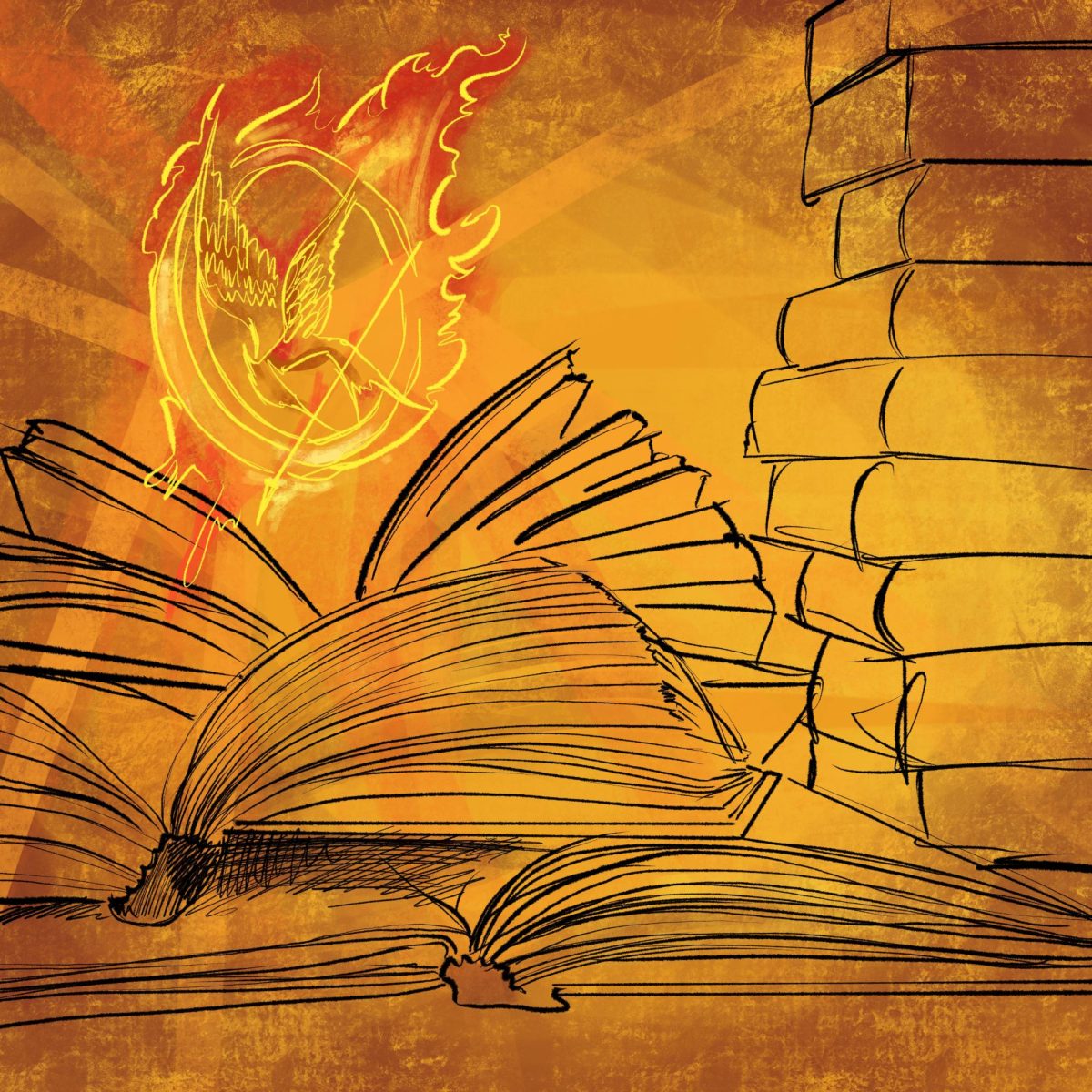Tybout: When tough situations arise, Pitt students do, as well
May 31, 2012
When you tell your out-of-state acquaintances you attend the University of Pittsburgh, you’re… When you tell your out-of-state acquaintances you attend the University of Pittsburgh, you’re likely to receive either a blank stare or a generic compliment.
That’s not because our school has a bad reputation — it’s because we’re not known for anything in particular. For better or for worse, Pitt’s identity isn’t nearly as distinct as, say, Penn State’s or Carnegie Mellon’s. We are a haven for neither party animals nor anime-obsessed nerds — although you’ll encounter countless people from both camps. As is the case at many city schools, our student body is eclectic and resists standard labels.
In some ways, of course, this is ideal. Few employers will typecast you when they see “University of Pittsburgh” on your resumé. But it can be dispiriting when your Penn State friends all start raving about the same traditions — THON, for instance — or trading slogans and inside jokes. Attending rural schools often means participating in a specific set of customs designed to cultivate a specific identity.
Granted, there are plenty of Pitt sporting events that encourage a similar sense of campus-wide camaraderie — our basketball games, which invariably feature a rowdy student section, are perhaps the best example. And Greek Life, while hardly ubiquitous, does help unite a large number of disparate people. But no Pitt institution has yet fostered the feeling of interconnectedness you might encounter at Penn State or Ohio State.
What does it mean, then, to attend the University of Pittsburgh? Does our campus even have an overarching community? After spending four years at this school, I can say with confidence that it does. But you won’t find it during your PittStart, your six-day orientation or even your first weeks of class. Instead, our school’s sense of solidarity emerges mainly during crises.
Two years ago, a massive blizzard — which students soon christened “Snowpocalypse” — engulfed the city. Forbes Avenue became untraversable. Professors and commuter students found themselves stranded miles away from campus. Faced with the prospect of injury-related lawsuits, the University had no choice but to cancel classes — three times. Needless to say, undergraduates were elated. From my seventh-floor McCormick Hall suite, I could hear people erupting in cheers as they received Pitt’s emergency notification messages to their cell phones. Many students rushed home to grab their sleds. Many more rushed to the bars. But in the giddy atmosphere that ensued, everyone forgot their cliques and petty grievances, and began befriending anyone they met.
Thankfully, that camaraderie didn’t soon dissipate. During the next several days, while city employees struggled to restore basic infrastructure, students roamed carelessly about South Oakland, commandeering each other’s porches and engaging in impromptu competitions (on the Sunday before the first cancellation, a snowball fight on the Cathedral Lawn attracted at least 100 participants). During the first two days alone, I met about 15 new people — nine in the suite two floors above mine and five or six in Schenley Park, where my friends and I ventured for a sledding session. For a brief but memorable period, our diverse student body cohered into a functioning whole.
An even more heartening demonstration of solidarity occurred more recently. As you may have heard, Pitt received more than 100 bomb threats this past semester, many of which were emailed from an anonymous account. Despite the major doubts as to their credibility, the Pitt police always evacuated the targeted buildings — even if they were dormitories filled with sleeping students. As the threats accumulated, professors and the administration grew exasperated, and many on-campus residents returned home. But most students didn’t allow the incessant faux-terrorism to dishearten them. Instead, they created couch-surfing Facebook pages and Google Docs, swapped information on blogs dedicated to finding the culprits and organized efforts to show police their gratitude.
Several more incidents over the past four years — Barack Obama’s election and the Super Bowl XLIII celebrations, for instance — prompted a similar unification of the student body. And although the exact same circumstances are unlikely to reoccur, big things are almost bound to happen here during your undergraduate tenure. Not all of them will be good. But as long as the Pitt student body doesn’t undergo a drastic change in character, you’ll encounter something that might otherwise seem lacking on our heterogeneous urban campus: a sense of community. Just be sure you capitalize on it while it lasts.
Contact Andy at atybout7@gmail.com.


